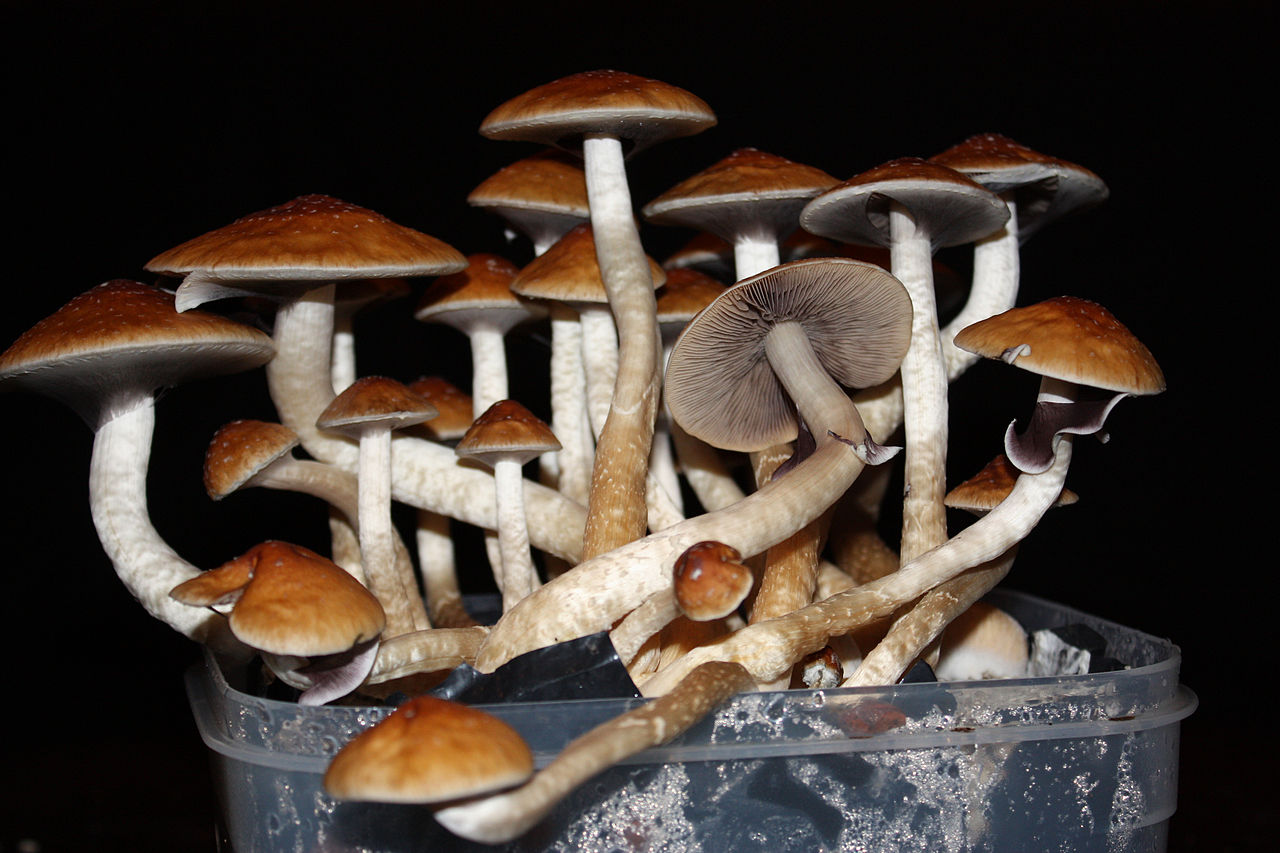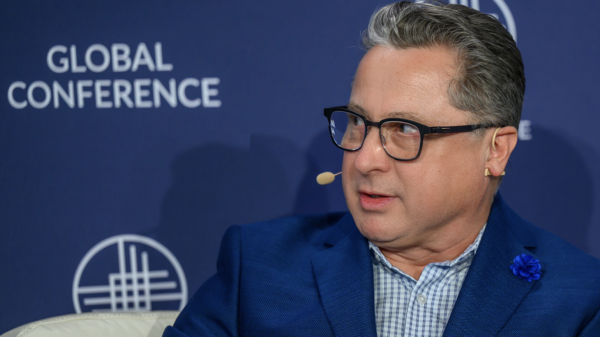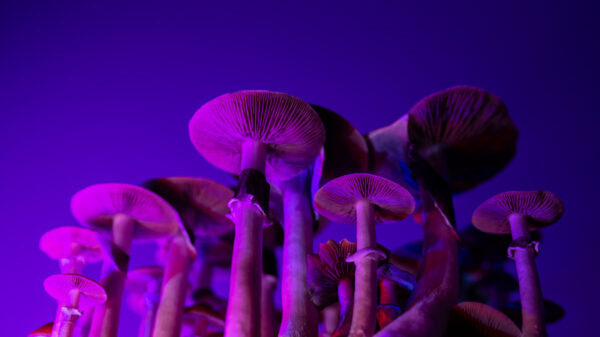Patients suffering from major depressive disorder could have up to a year of relief after psilocybin-assisted therapy, according to a new study by researchers at Johns Hopkins University’s School of Medicine.
The study, published in the journal Psychopharmacology, found that 75 per cent of patients with depression showed a treatment response, and 58 per cent were in remission 12 months after treatment.
“There were no serious adverse events judged to be related to psilocybin in the long-term follow-up period, and no participants reported psilocybin use outside of the context of the study,” the researchers explain.
After a year, patients also reported higher levels of personal meaning and spirituality. But researchers point out these measures don’t predict improvements in depression.
“Our findings add to evidence that, under carefully controlled conditions, this is a promising therapeutic approach that can lead to significant and durable improvements in depression,” says Natalie Gukasyan, lead author and assistant professor of psychiatry at Johns Hopkins University and main author of the study.
But the results are specific to a research setting and require a lot of structured support from trained professionals, Gukasyan said in a statement, so people shouldn’t attempt to use psilocybin as a treatment on their own.
Read more: Common antidepressant escitalopram and psilocybin can be taken together safely: study
Read more: Can psilocybin help smokers quit? Johns Hopkins to study impact with NIH grant
For the study, 27 participants suffering from long-term, severe depression were recruited, but only 24 went to all the follow-up sessions.
Participants were randomly placed in two groups, where one received a combined treatment of psilocybin and psychotherapy right away and the other group after eight weeks. Both groups completed two psilocybin sessions, and were followed up with one year after the second dose.
Depression symptoms were measured before and after treatment using the GRID-Hamilton Depression Rating Scale, a standard depression assessment tool.
More than half of the participants reported using antidepressants for depressive episodes, and 88 per cent had previously been treated with standard antidepressant medications.
Read more: US DEA suggests big increase of cannabis and psilocybin production for research
Read more: Psilocybin therapy 4 times more effective than antidepressants: study
Roland Griffiths, founder of the Johns Hopkins Center for Psychedelic and Consciousness Research, says psilocybin not only produces significant and immediate effects, but it also has a long duration. This suggests it could be a uniquely useful new treatment for depression.
“Compared to standard antidepressants, which must be taken for long stretches of time, psilocybin has the potential to enduringly relieve the symptoms of depression with one or two treatments,” he said.
Researchers recommend further studies on the long-term effectiveness of psilocybin-assisted therapy.
Follow Natalia Buendia Calvillo on Twitter
natalia@mugglehead.com














